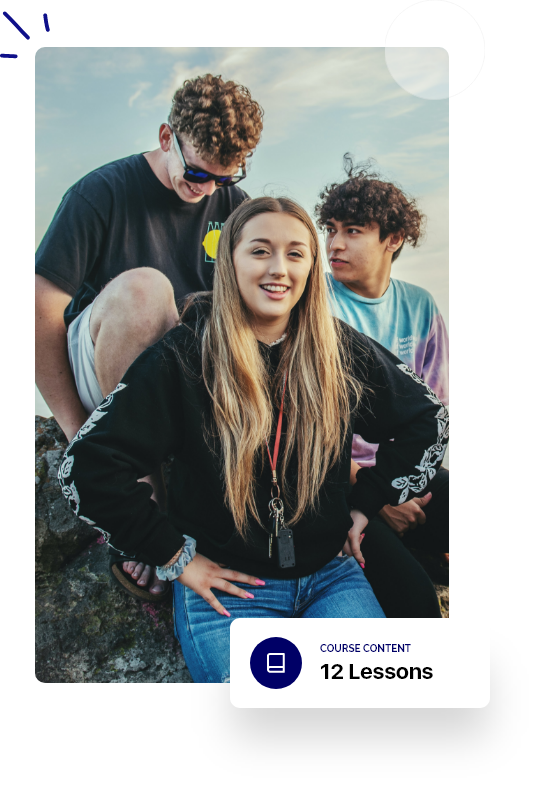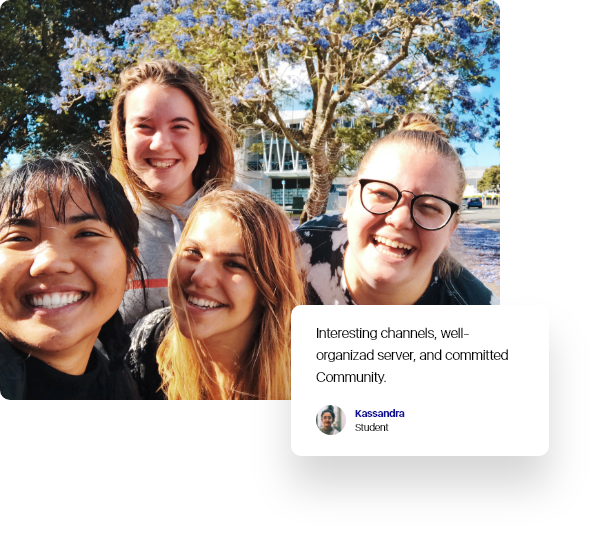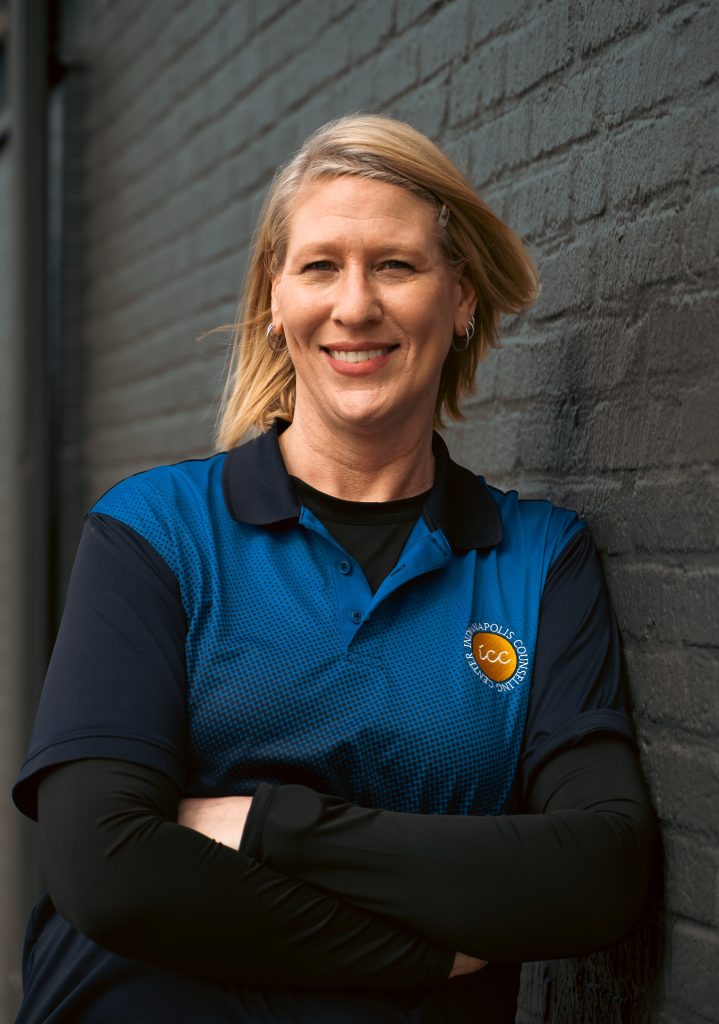It’s time to talk about boundaries with adolescents


Adults have been struggling to manage boundaries with adolescents for centuries
With the recent cases involving the Catholic church, Penn State, the Boy Scout cases, and numerous teacher / coach offenses – there has never been a better time to discuss and learn about healthy boundaries with adolescents.
About the course
Boundaries with adolescents
This course prepares adults to prevent and face situations where boundaries, rules, or limits with adolescents may be blurry.
The content of the course involves key information on how to prevent crossing boundaries to sexually offend a minor.
It also teaches organizations/schools/churches to recognize current policies and protocols that can be put in place to limit legal action and lawsuits that can result from their association with an individual crossing boundaries with a child.
Why this course?
We’ll let these statistics do all the talking

1 in 7 girls and 1 in 25 boys will be sexually exploited before they turn 18.

Every 9 minutes, child protective services find evidence for a child abuse claim.

Of all victims under 18, 2 out of 3 are ages 12-17.
You may think it won’t happen to you.
One of the main commonalities between adults who have crossed boundaries with adolescents is that they never thought they would end up sexually offending a minor. Lack of boundaries can creep in and surprise you – if boundaries are unclear, there is room for confusion.


For only $65, you’ll receive
- 12 lessons and 58 topics to learn from.
- Guidance from a Licensed Clinical Social Worker working with sexual offenders since 2001.
- Lifetime access to the course.
- Access to the trainer to ask questions.
- A research-based method to face and prevent situations where boundaries with adolescents may be crossed.

Meet your instructor
Denise Ackermann, MSW, LCSW
Denise holds a Master’s degree in Social Work from Indiana University and is a Licensed Clinical Social Worker. She has been employed in the mental health field since 1996. Denise has experience working in an inpatient psychiatric and substance abuse rehabilitation unit (5 years) while also providing a variety of counseling services at a women’s clinic (3 years), providing group therapy in prison with convicted adult male sex offenders (4.5 years), and as a coordinator of services for adult convicted sex offenders (3 years). Since December of 2008, Denise has been treating a variety of populations, including juveniles and adults for mental health and court-ordered services, as well as providing assessments and individual/group therapy for those who have engaged in deviant/illegal sexual behaviors.
FAQ
In a 2012 CDC study, Indiana was found #2 in the nation for rates of rape against females in high school (17.3% v/s national average of 10.5%). Since then, there has been an increase in cases, according to media, prosecution, and reports. These cases are wildly underreported and have been enhanced by increased technology. When dealing with adolescents, we must define what is appropriate.
ALL professionals and volunteers connected to this population are part of the problem as well as the solution.
Research supports that insufficient training & ignorance of the law place individuals at the highest risk of crossing boundaries and becoming too personally involved with minors.
Creating and understanding healthy boundaries with adolescents involves everyone in contact with the adult-adolescent relationship. In this course, you’ll learn how to read red flags around you to prevent your peers and colleagues from sexually offending minors.
